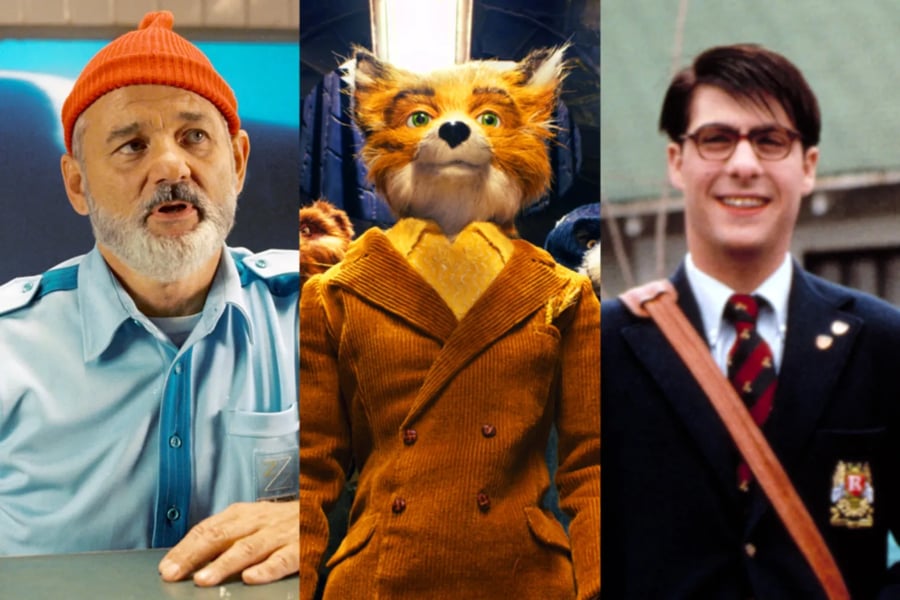Every Wes Anderson Movie, Ranked
The Oscar-winning director’s 13 feature films, listed from too precious to just the right amount of precious

TOUCHSTONE PICTURES; FOX SEARCHLIGHT PICTURES; EVERETT COLLECTION
Wes Anderson is the cilantro of American cinema. There are some whose loathing of his work is almost genetic. To others, Anderson’s films are essential viewing.
Anderson’s critics frequently use the word “twee” when dragging the auteur’s comedies, but that’s a superficial read that fails to grasp what makes the 56-year-old’s body of work, comprising 13 movies produced over 30 years, so singular and compelling.
Yes, Anderson’s films are as a whole sentimental, painstakingly constructed dioramas in which actors deliver staccato dialogue with deadpan precision. But movies like Rushmore or The Life Aquatic or his latest, The Phoenician Scheme, starring Benicio Del Toro as a swaggering captain of industry, are more than exercises in whimsy. Anderson’s films are about grief and death, and forlorn outsiders desperate to connect. He is merciless when it comes to human relationships. His funniest characters are isolated and sincere, frequently falling on their faces while trying to love or avoid love — a kind of emotional slapstick that can only be found in Wes Anderson’s worlds.
And his movies are worlds — achingly beautiful alternate realities that look and feel handmade, populated by flawed but endearing weirdos. As these 13 films prove, Anderson may be simultaneously the least and most cynical storyteller alive.















































